In the context of the knowledge economy and strong digital transformation, some preschools in Vietnam have pioneered the application of STEAM education - integrating Science, Technology, Engineering, Arts and Mathematics to help children "learn while playing", nurturing creative thinking and 21st century skills from the early years of life.
Unleash creativity through experience
No longer a concept reserved for high school or university levels, STEAM is gradually being implemented in a number of preschools in Vietnam as a modern pedagogical solution, helping children proactively approach the world through actions and experiences. Notably, in Hue, Sen Hong Kindergarten, a unit under Hue College, has boldly introduced STEAM into the preschool education program.
STEAM is not a set of separate subjects but an educational philosophy, children learn through doing, exploring and self-regulating their perception through practical collisions. This is especially true in the context of young children learning best when they are allowed to “play while learning”, instead of being forced to memorize patterns.

Children in Sen Hong kindergarten class enjoy operating the garden model and the harvesting robot car.
The model at Sen Hong School has shown a clear shift from a traditional approach to an open educational mindset. Children no longer “sit and study” but “actively learn”. Every activity from sowing seeds, measuring tree height, assembling a watering model using plastic bottles cleverly incorporates scientific principles and mathematical skills.
“We believe that every child is born a natural explorer. The task of educators is to create a suitable environment for children to freely ask questions, explore and experience. The STEAM model is the way to help us turn lessons into exciting adventures, where children discover and remember knowledge through action,” said Ms. Nguyen Thi Thu Hien, the school’s principal.
This is not only a method to inspire the joy of learning, but also in line with the national orientation on developing innovative human resources, digital citizenship skills and systems thinking, core competencies of the 21st century.
Connecting families and schools to foster open thinking
An important turning point of STEAM education is the change in the role of the teacher. Teachers are no longer the center of communication, but become experience designers, leaders of the learning journey, even though the children are the ones “holding the steering wheel”. Therefore, the school focuses on retraining the team to suit the new role.
According to Ms. Hien, teachers are not only those who impart knowledge, but also those who accompany, inspire and guide. Our team of teachers is highly trained in the STEAM method and always updated with modern pedagogical methods. Moreover, they always listen to and respect children's opinions, creating conditions for them to try and make mistakes and learn from those mistakes.

Explore brain and fine motor games, develop problem solving skills in the spirit of STEAM.
STEAM extends beyond the classroom to the home and community. Parents are no longer passive supporters, but are encouraged to become companions in their children’s exploration. Small projects at home such as making recycling models or observing the weather are not just “extra” activities but part of a continuous learning chain.
The story of Ms. Le Viet Trinh, the parent of a 4-year-old student, shows the clear impact of STEAM on children's learning habits. "I was surprised when my child came home and told me about the 'homemade watering machine' made from plastic bottles in the classroom. He started to observe the plants more closely, drawing each stage of germination himself. I feel that my child learned perseverance, observation and how to explain what he saw, things that are difficult to create in a normal preschool program," Ms. Le Viet Trinh shared.
It is the consistency between school and family that creates a positive and sustainable learning ecosystem for young children, which is what advanced education systems always pursue. “When education is consistently continued between school and family, children will develop comprehensively and sustainably. We hope that parents will become companions, working with the school to nurture the love of learning and creativity in each child,” Ms. Hien emphasized.

STEAM lessons with teachers, where children are encouraged to ask questions, experiment and share ideas with friends.
In the trend of sustainable development, knowledge economy and digital transformation, sowing the seeds of innovative thinking from preschool is a strategic choice. From small classes at Sen Hong Kindergarten, the STEAM model is proving that educational change does not necessarily start with big things but from the way we believe in the potential of self-learning and self-discovery of each child.
Dang Vinh
Source: https://doanhnghiepvn.vn/tin-tuc/giao-duc/doi-moi-giao-duc-tu-bac-mam-non-buoc-di-chien-luoc-cho-tu-duy-sang-tao/20250813110054611




![[Photo] Prime Minister Pham Minh Chinh chairs the conference to review the 2024-2025 school year and deploy tasks for the 2025-2026 school year.](https://vstatic.vietnam.vn/vietnam/resource/IMAGE/2025/8/22/2ca5ed79ce6a46a1ac7706a42cefafae)


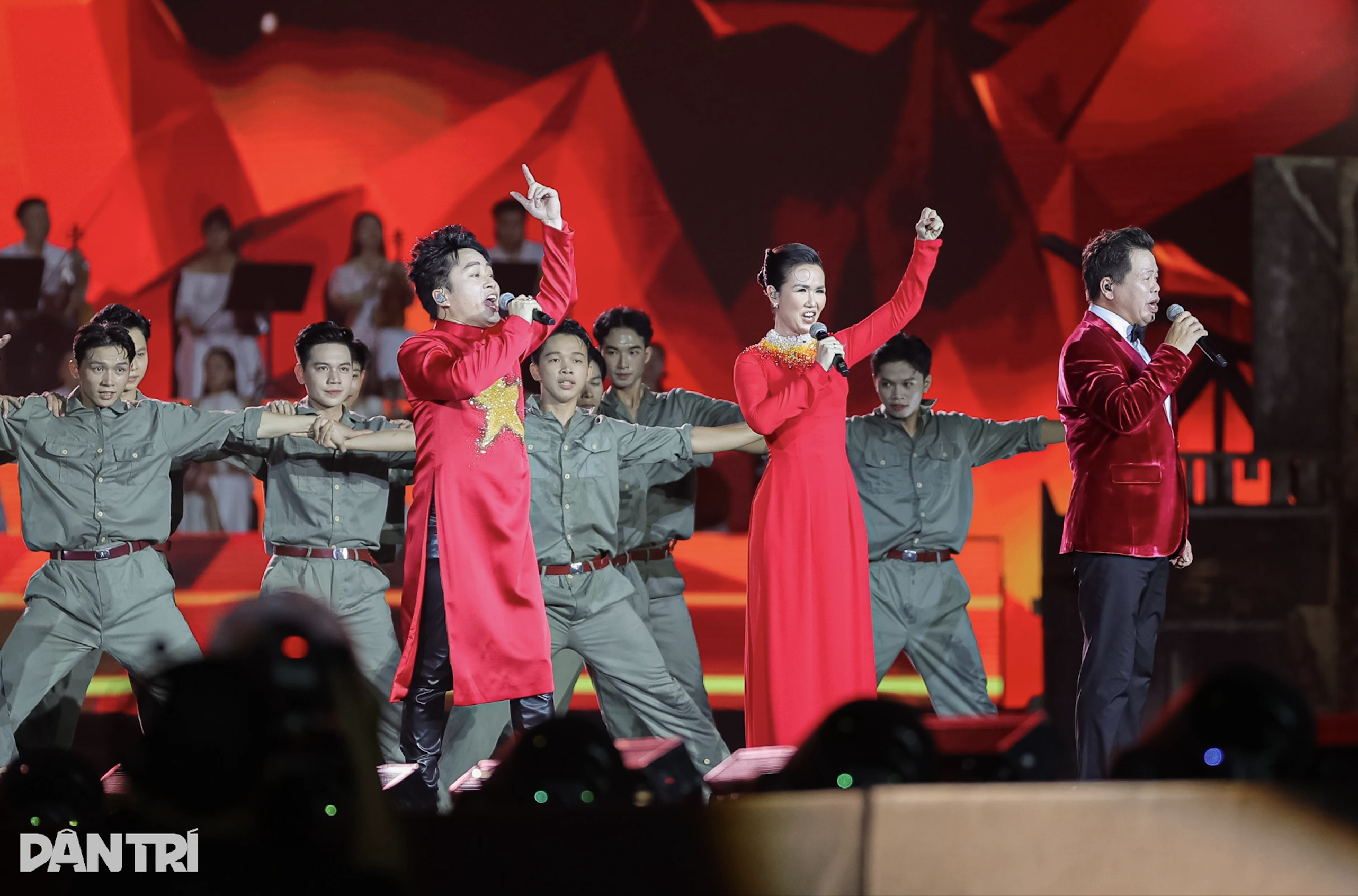
![[Photo] President Luong Cuong receives delegation of the Youth Committee of the Liberal Democratic Party of Japan](https://vstatic.vietnam.vn/vietnam/resource/IMAGE/2025/8/22/2632d7f5cf4f4a8e90ce5f5e1989194a)
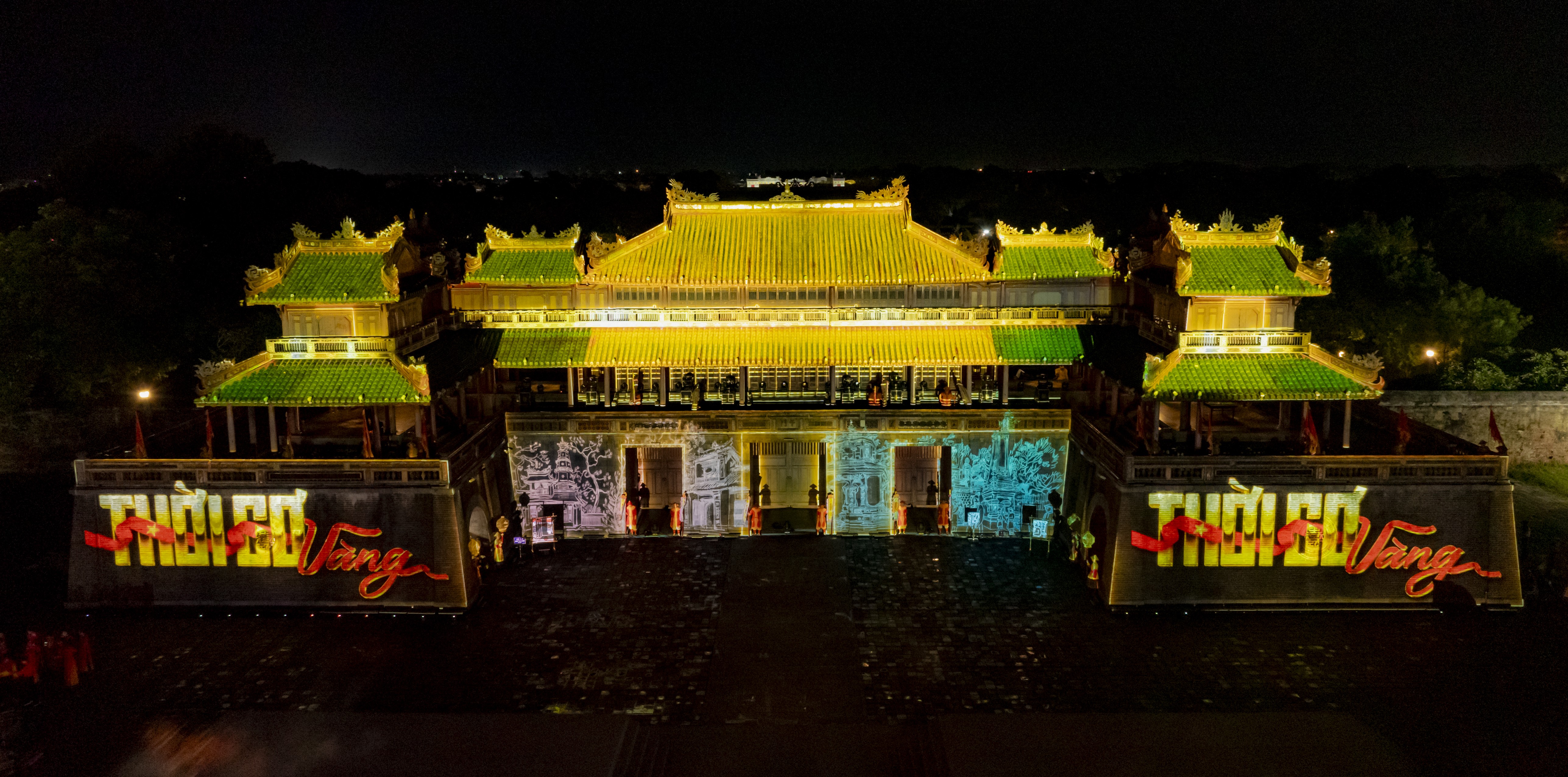

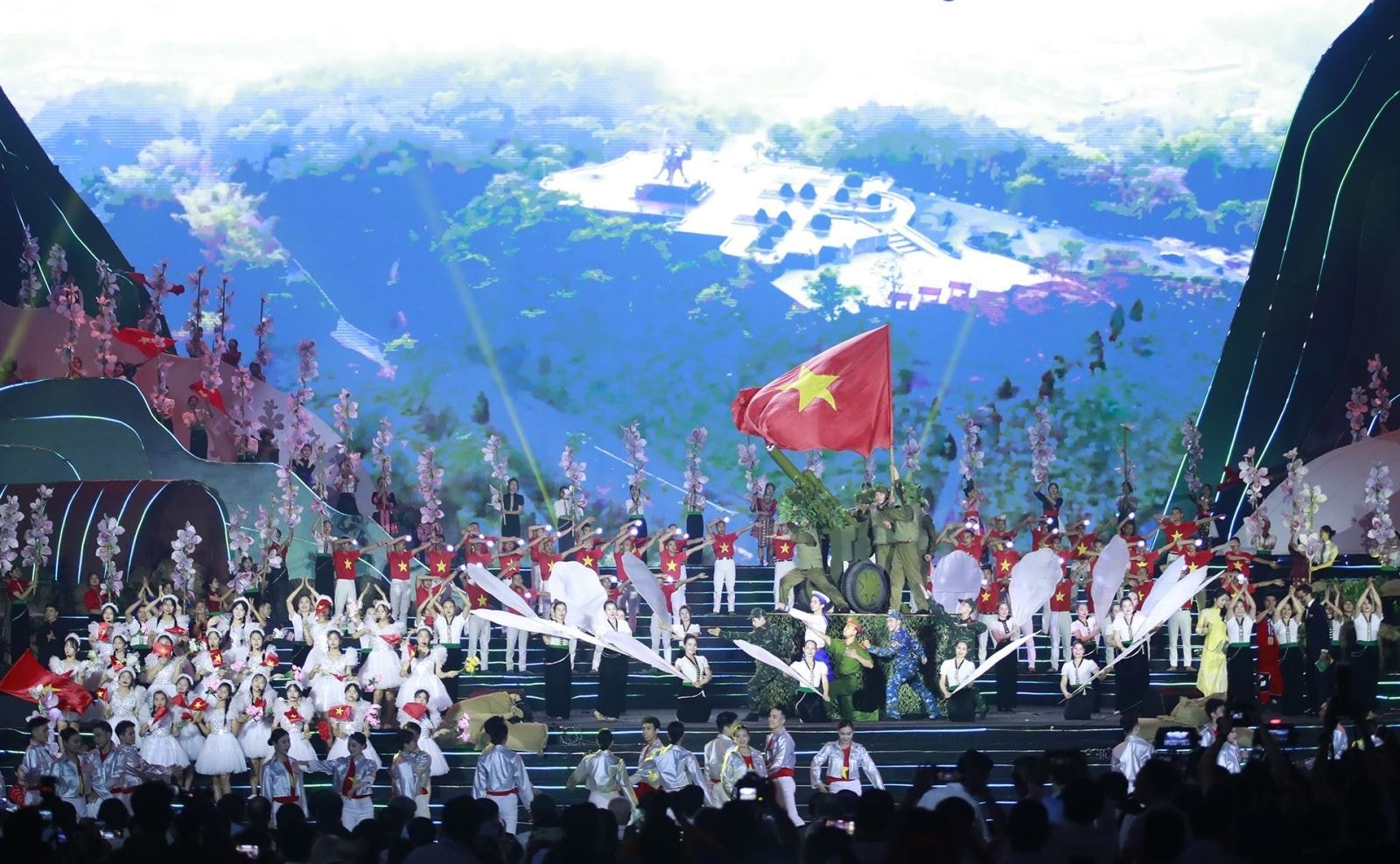

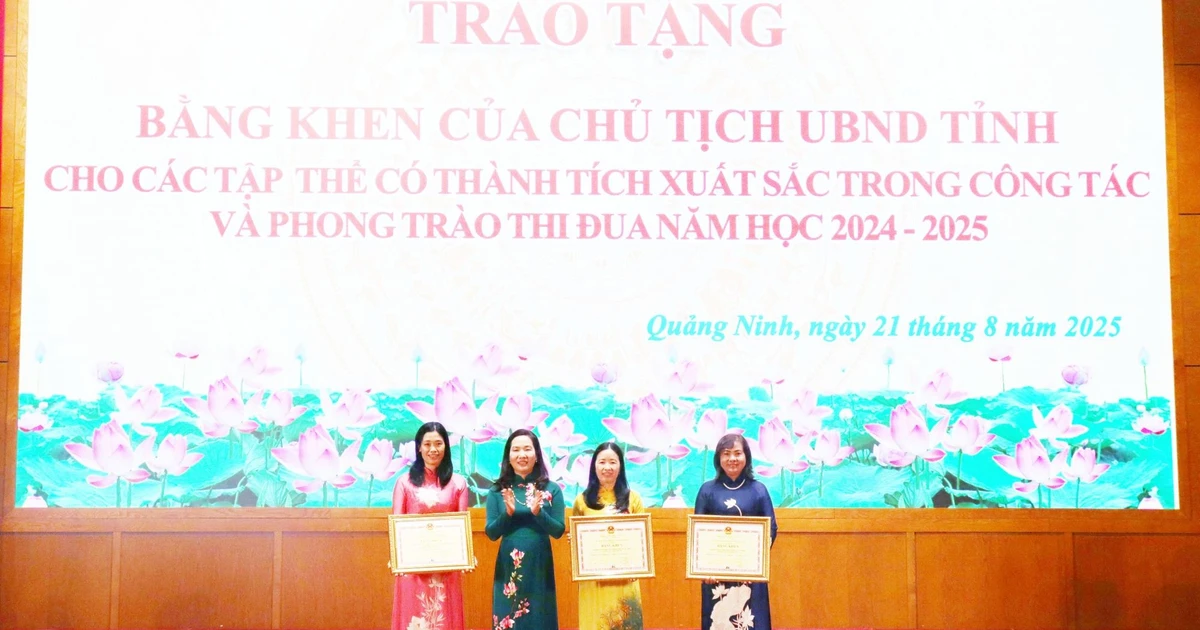

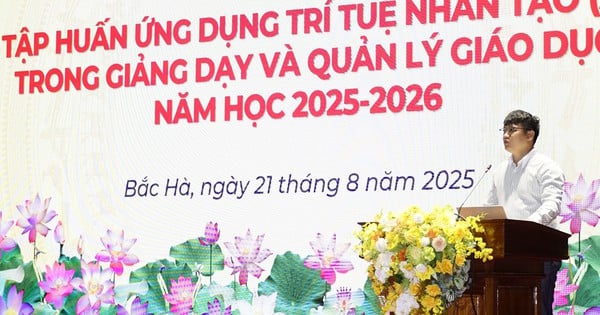

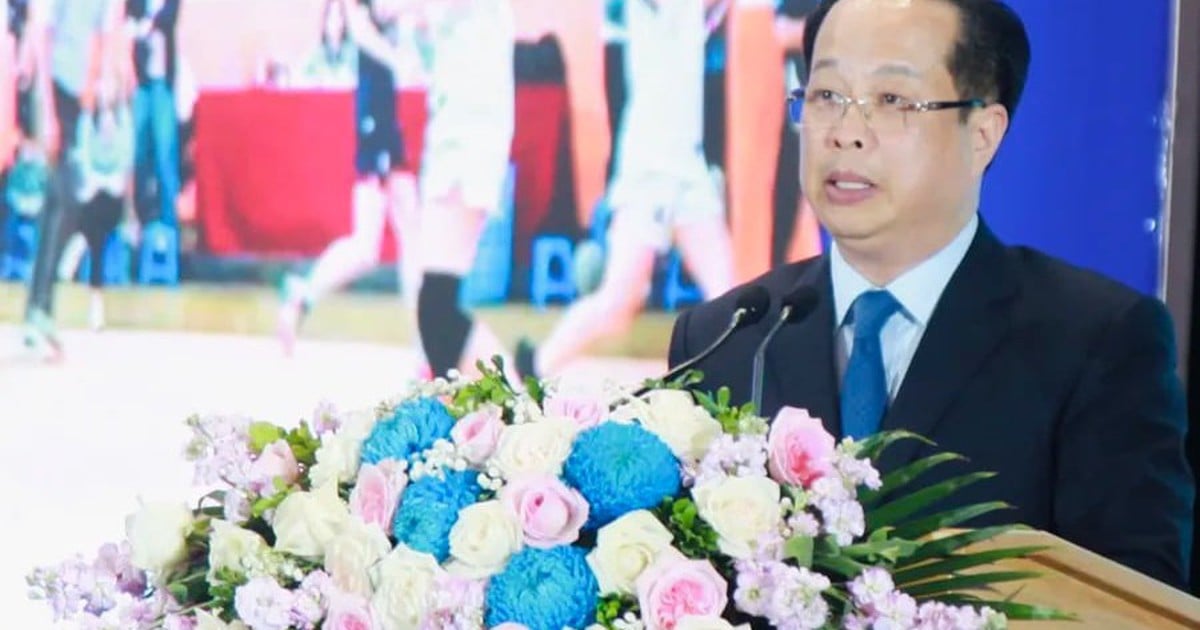

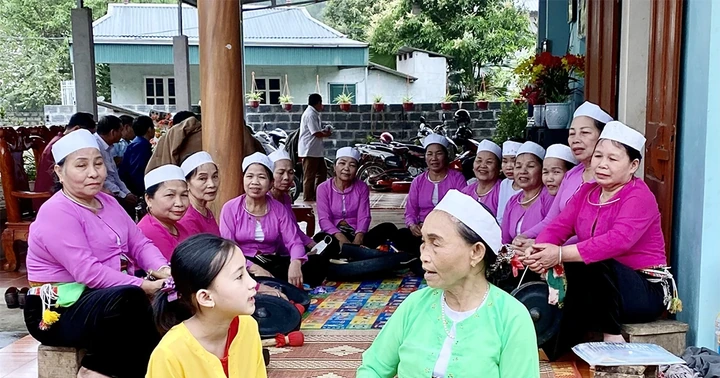

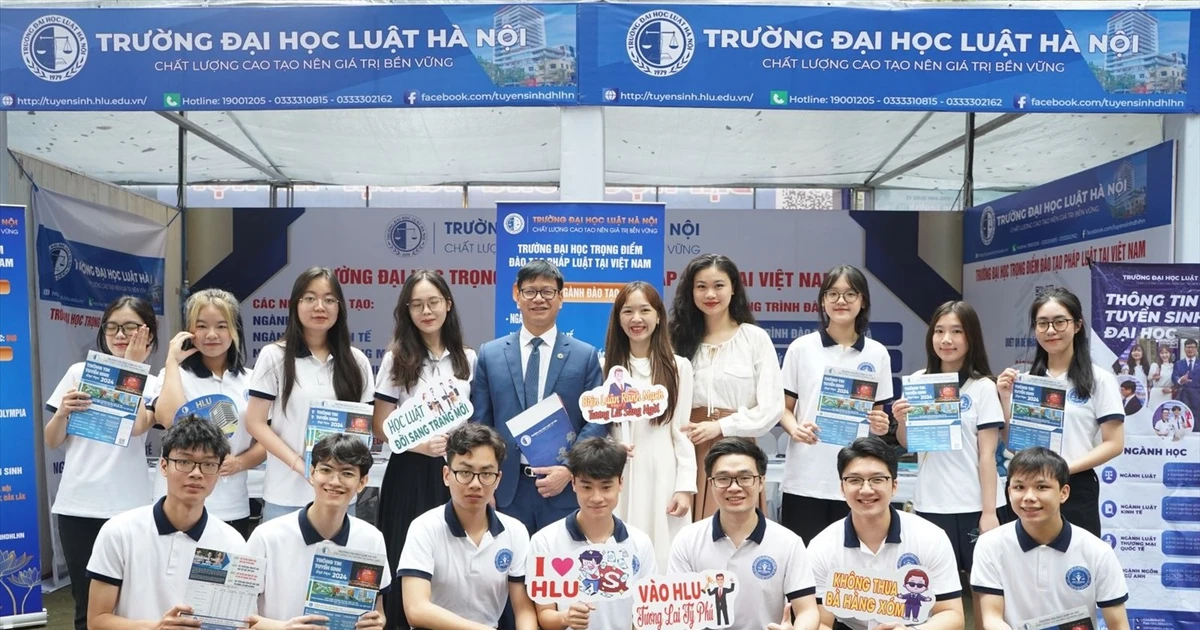
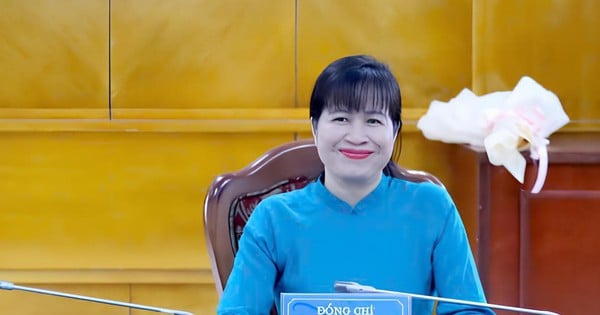
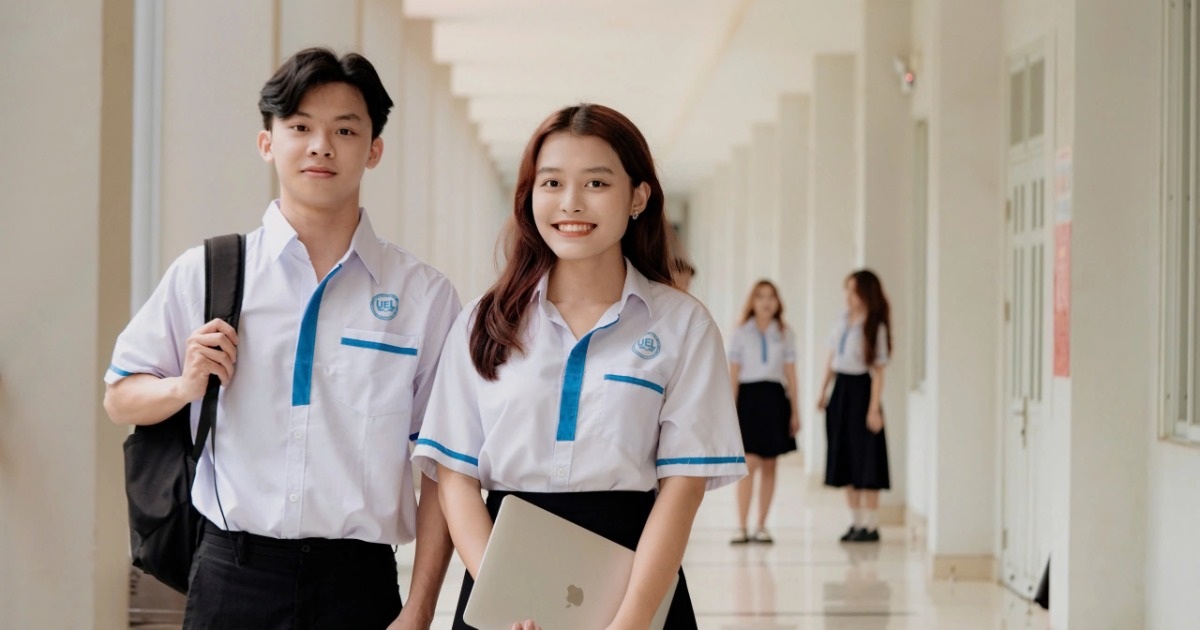

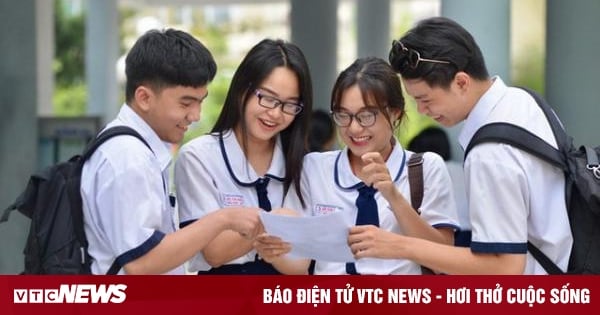

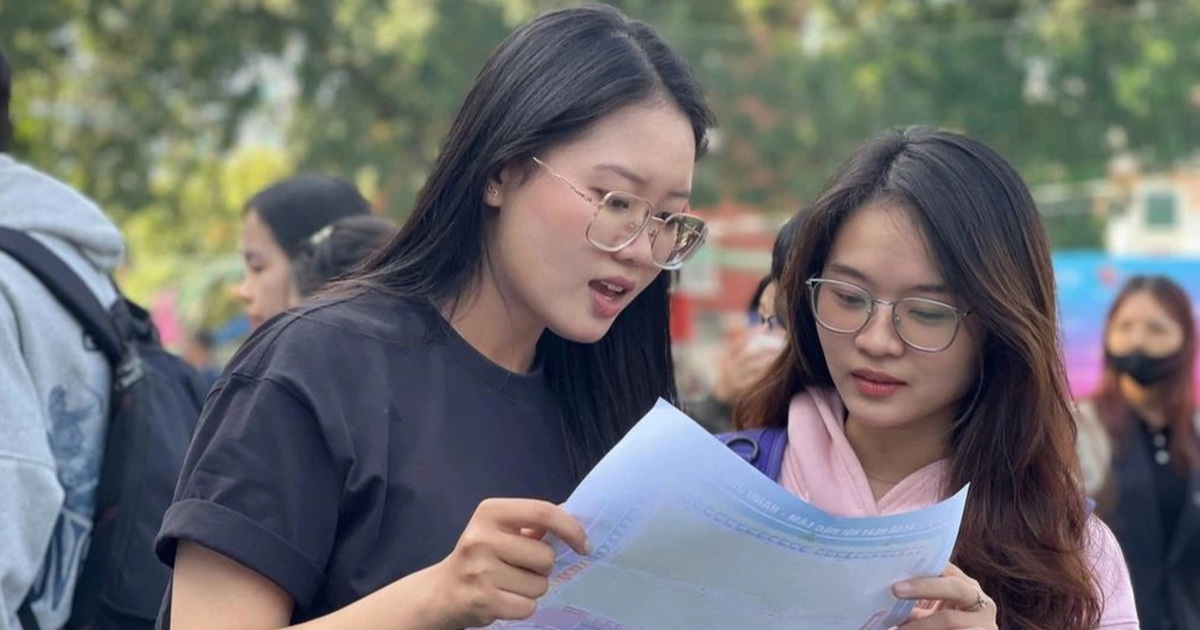
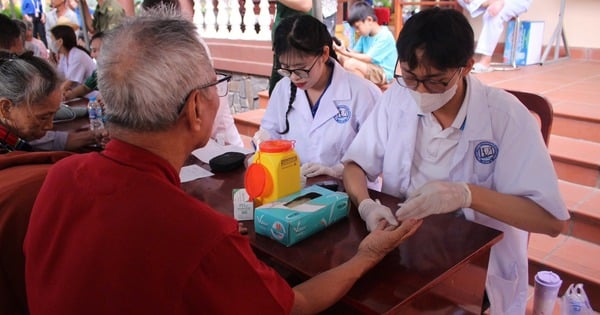




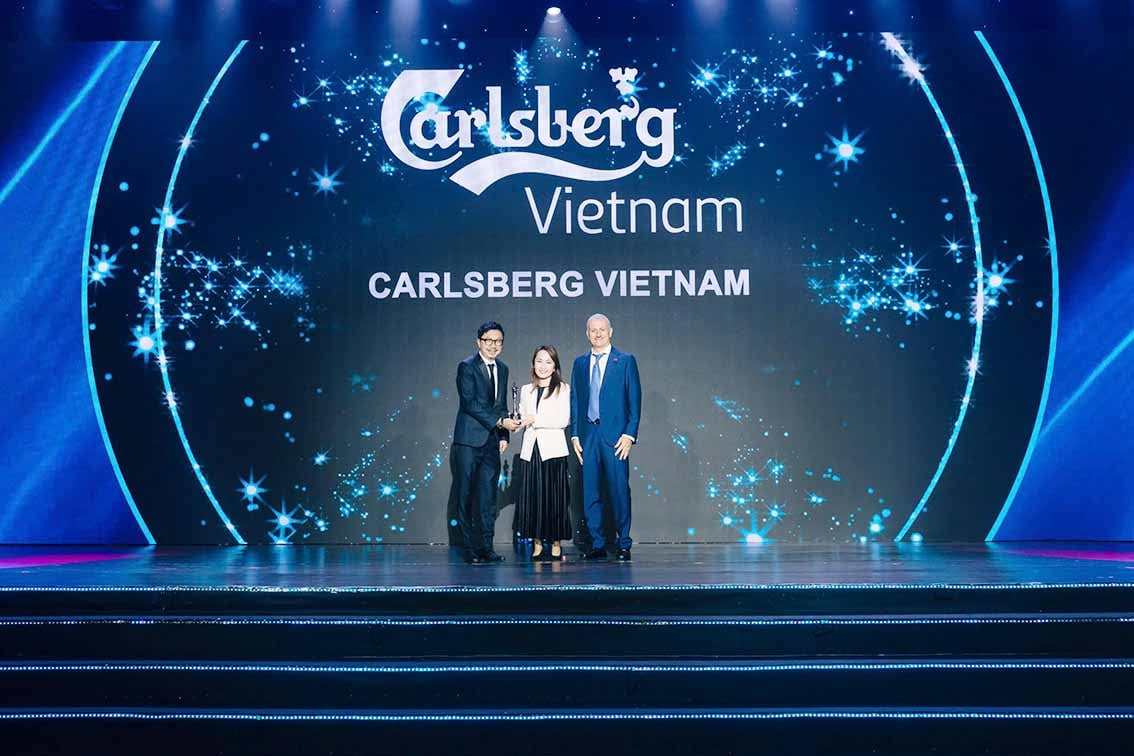

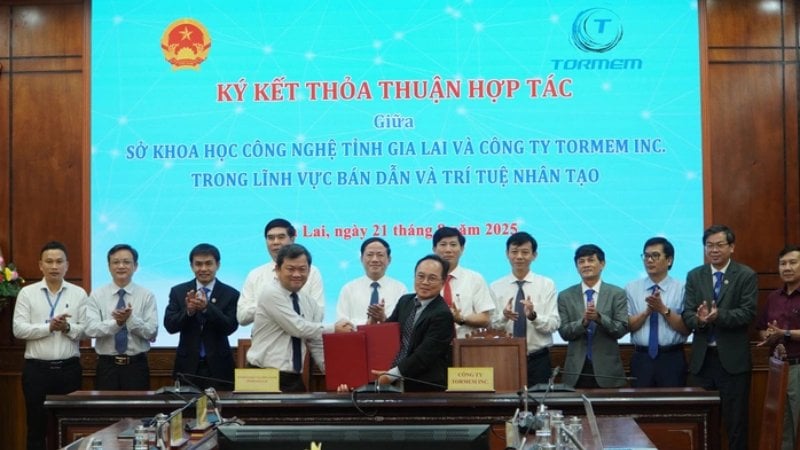
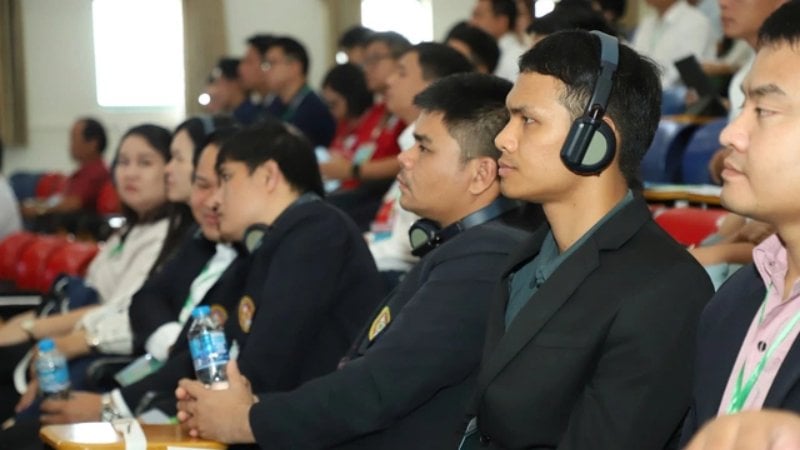
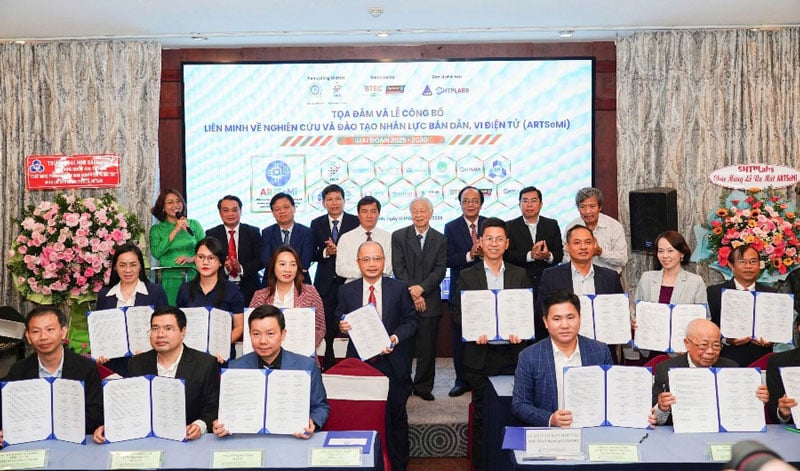
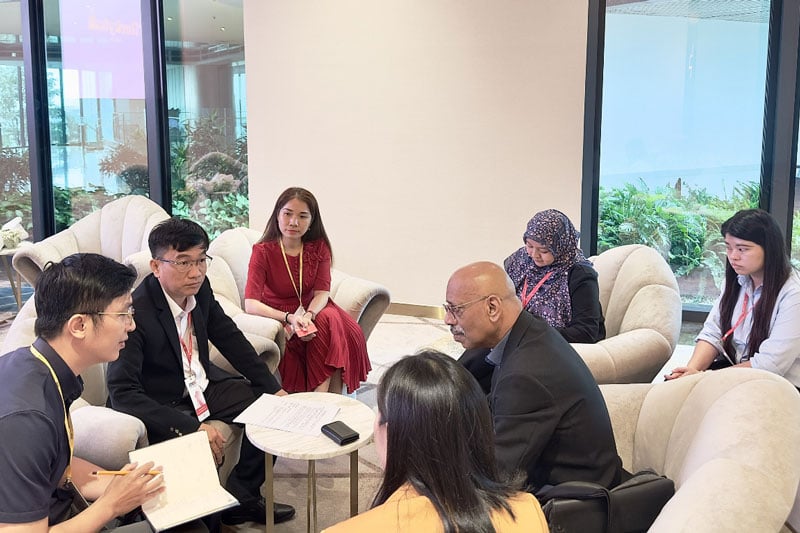

















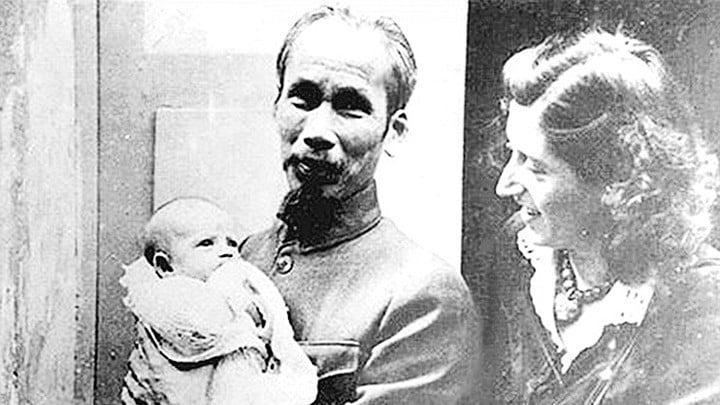









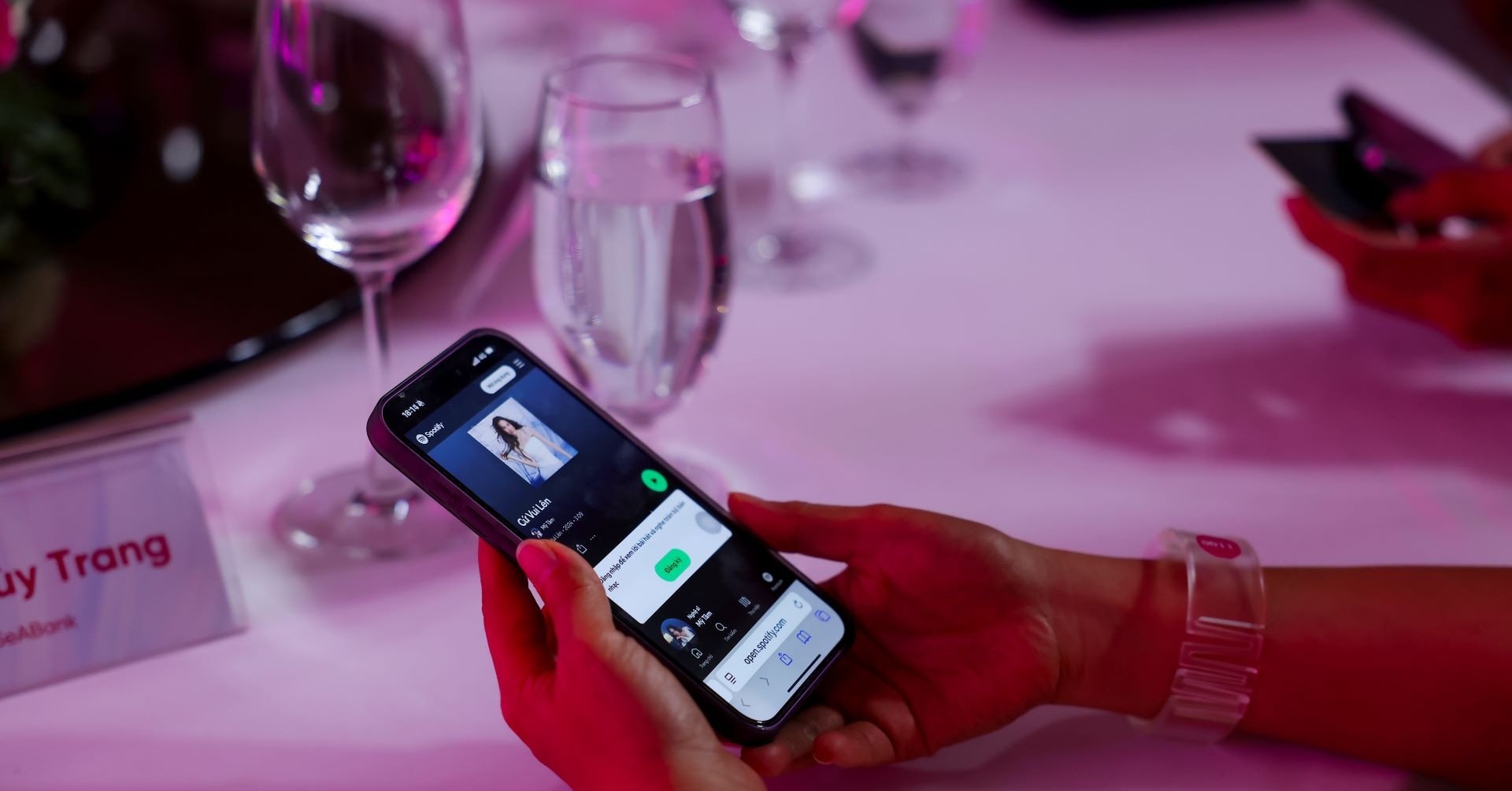









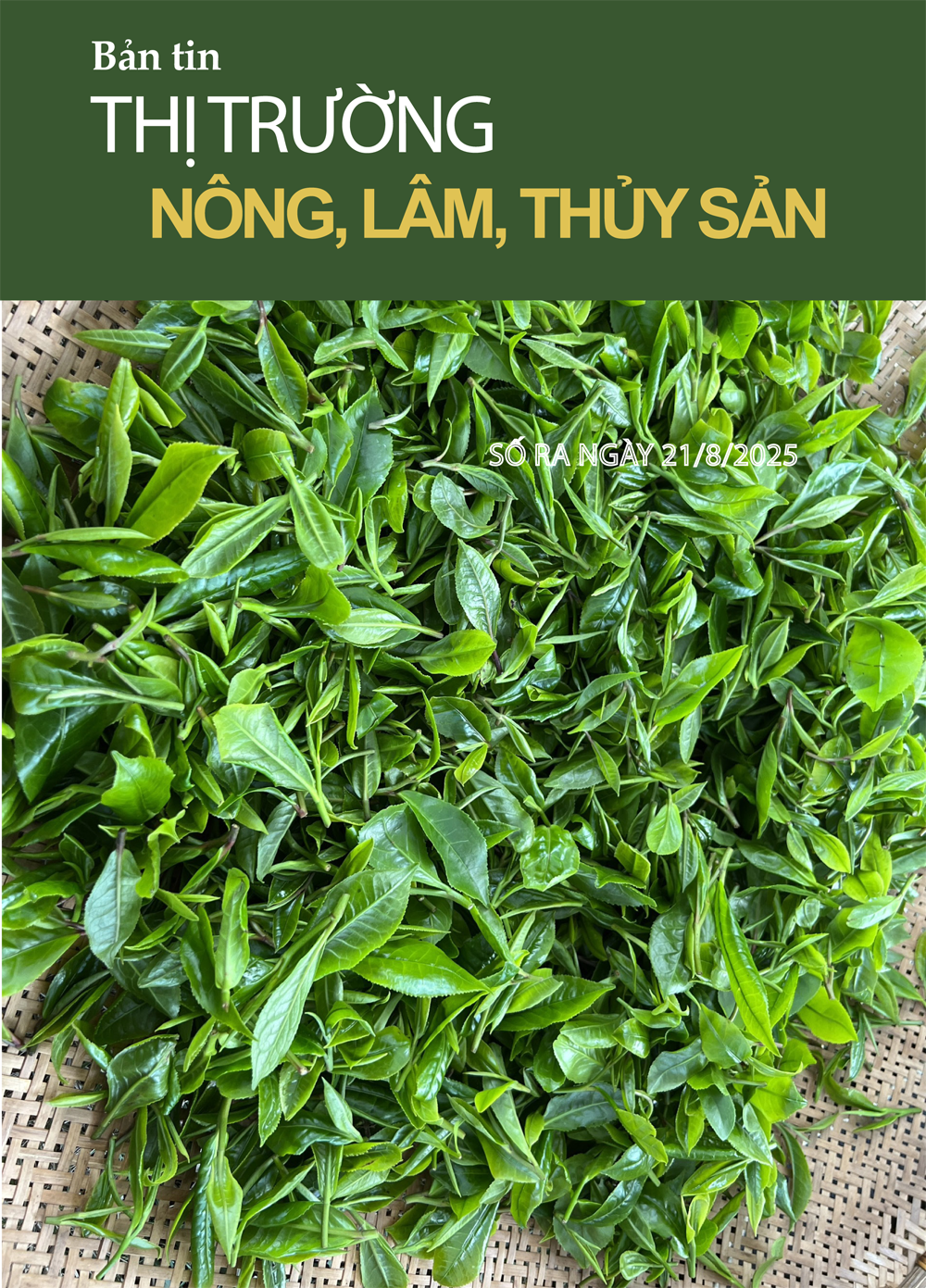


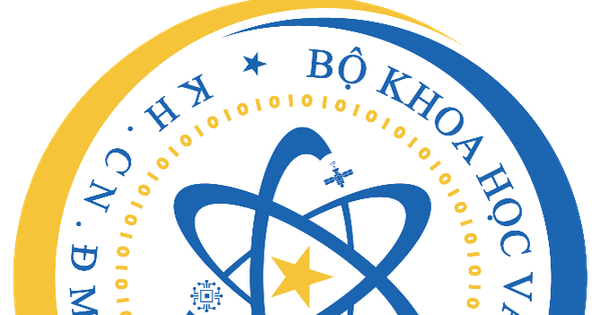

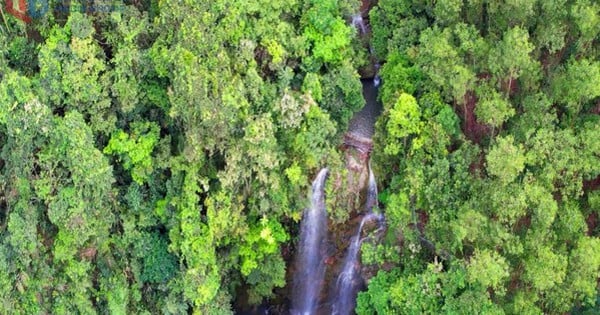
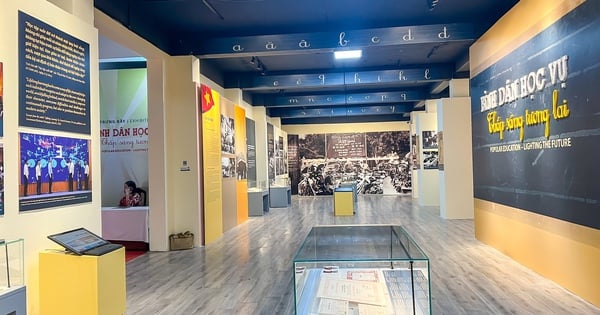
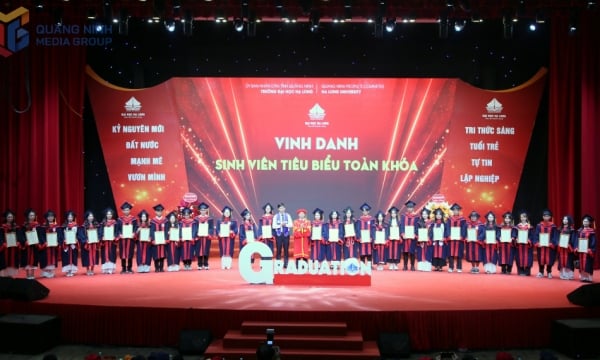

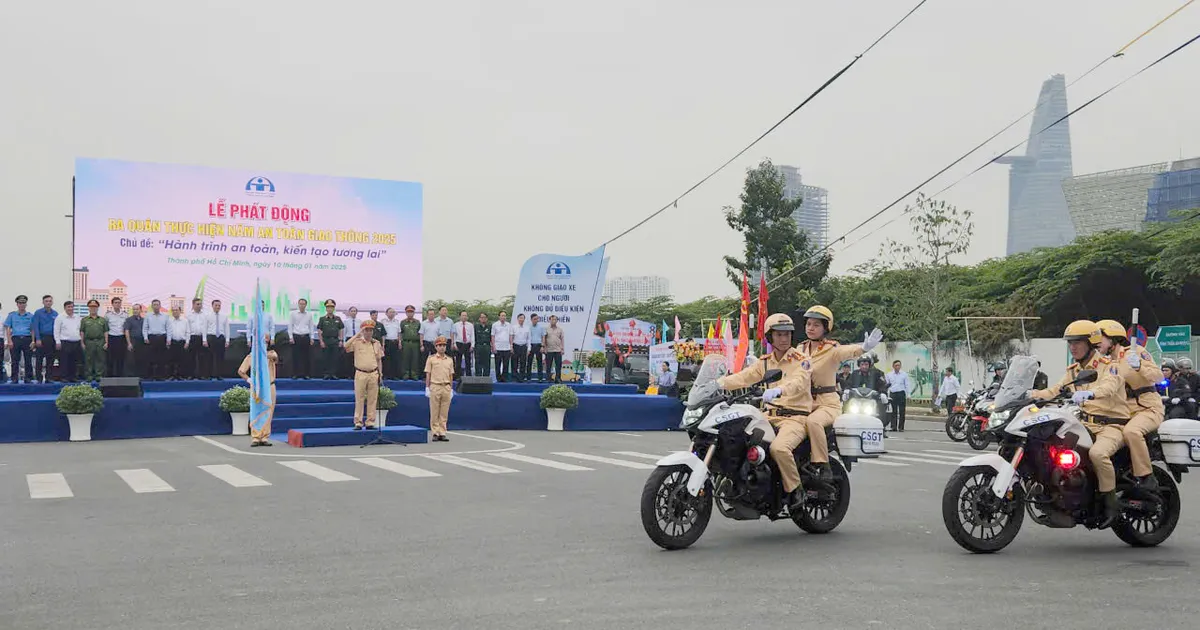
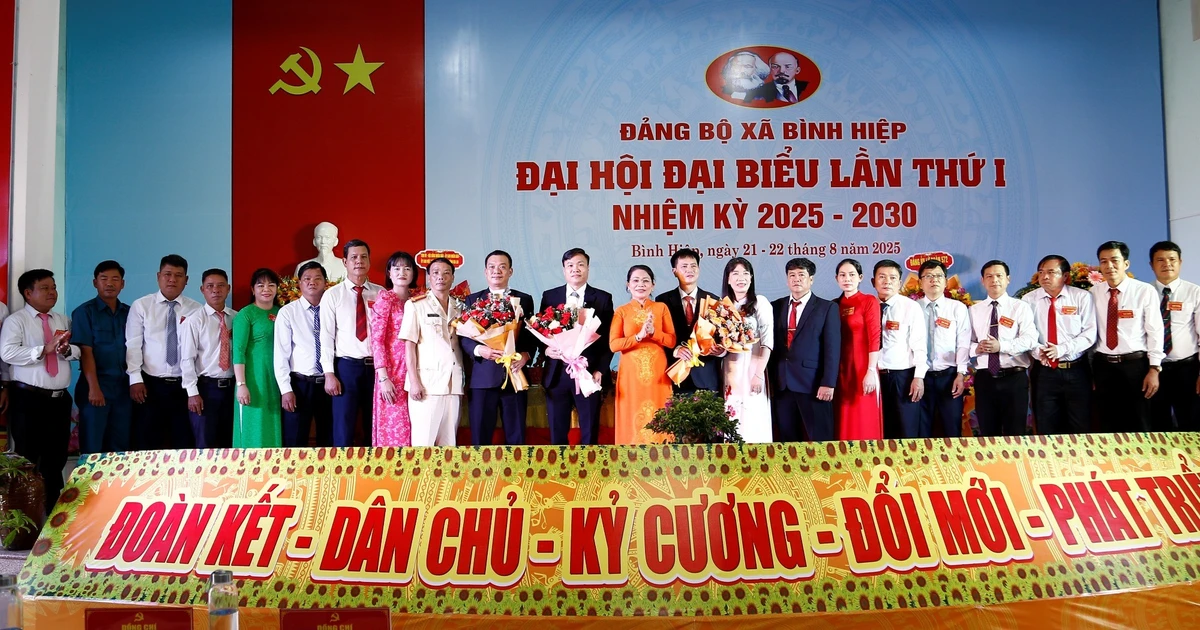

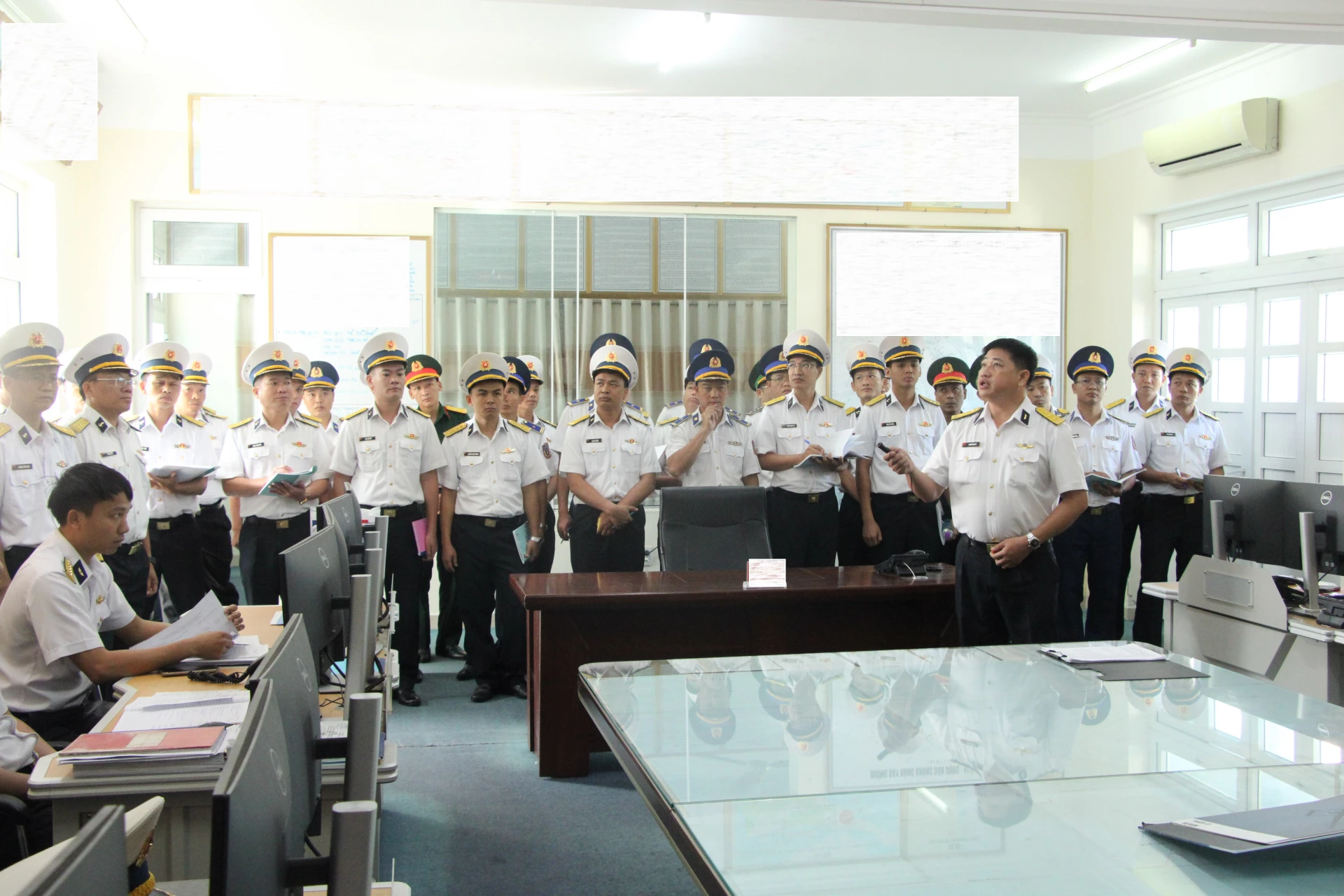


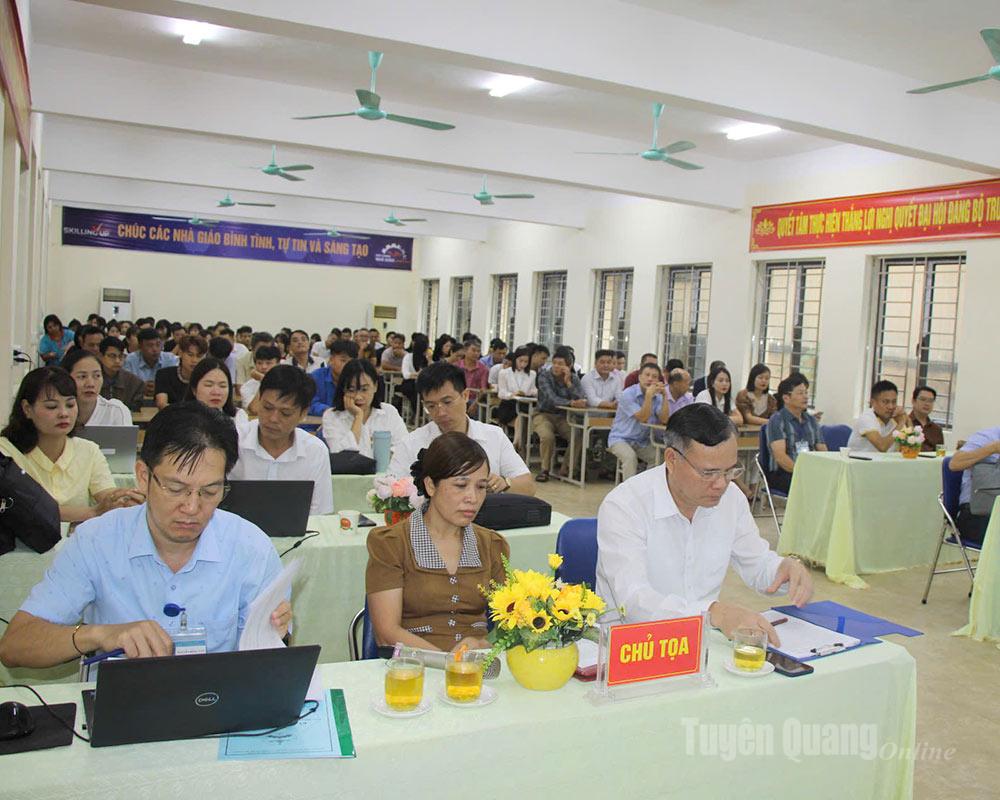














Comment (0)